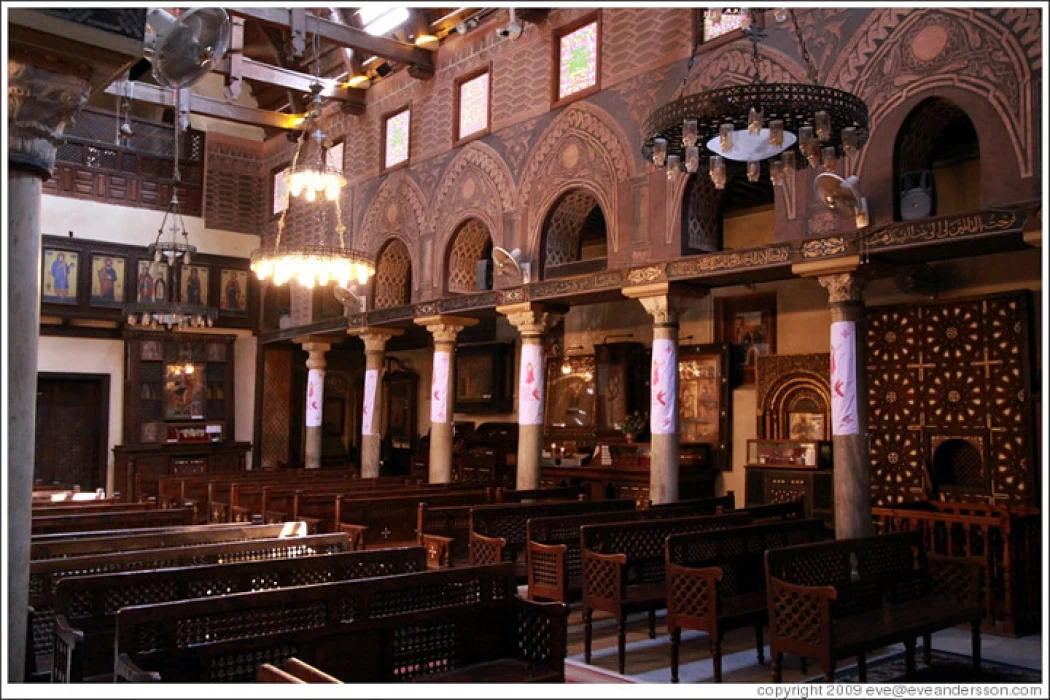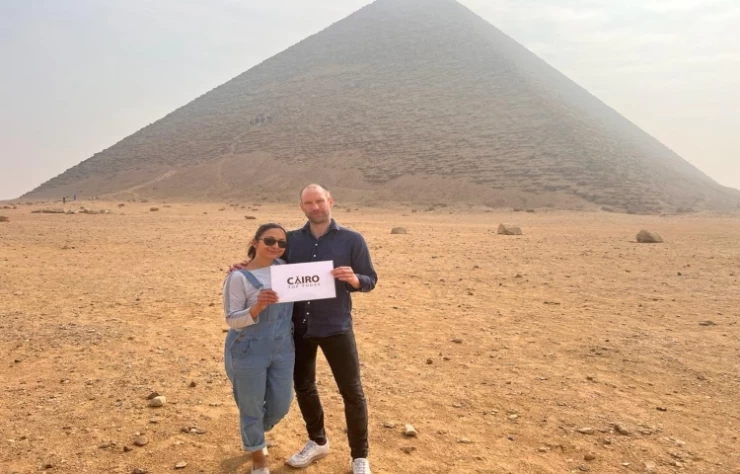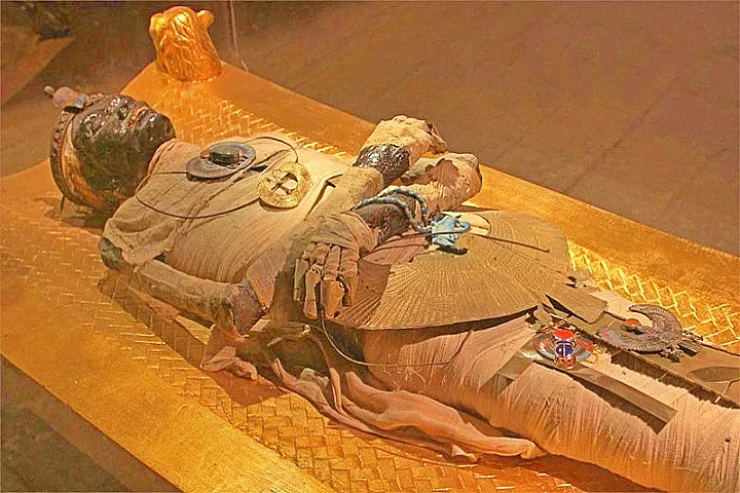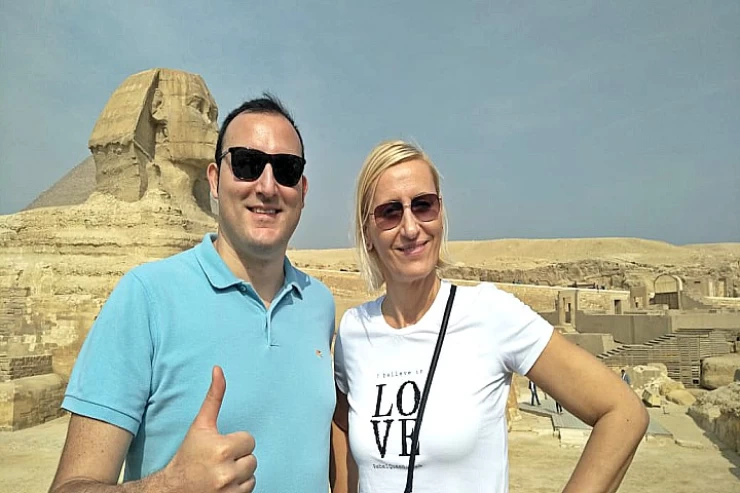
Christianity in Egypt | History of Coptic Christianity in Egypt
Christianity in Egypt
The History of Coptic Christianity
Christianity has, for the last two thousand years, constituted a crucial facet of Egypt's religious and cultural viewpoint. One of the earliest regions to embrace Christianity, Egypt subsequently became the center of Christian theology and monasticism, whereupon its uniqueness is still perceptible today in the strong form of Coptic Christianity. This Christian denomination has influenced Egypt's history and culture and its people in a very fundamental way.
The Beginning of Christianity in Egypt
Christianity first came to Egypt around the 1st century, traditionally through the Apostle Mark. According to Christian tradition, Mark journeyed to Alexandria, one of the great cities of antiquity, where around AD 49-60 he established the Christian church there. The city located on the shore of the Mediterranean Sea was itself a cultural and intellectual heart of the Roman Empire, where the Christian religion took root and spread throughout the land of Egypt.
In its fledgling years, the Egyptian Christian community had to surmount very harsh obstacles. The Romans were in power in Egypt, and Christians suffered persecution for their refusal to acknowledge the Roman gods or the emperor. Regardless of these trials, the growth of Christianity continued, and many Egyptians embraced the faith. The Coptic Church would become one of the oldest continuous Christian communities found anywhere in the world.
The Rise of Coptic Christianity
The word Coptic is derived from the Greek Aigyptios, meaning Egyptian, and with the passage of time, it came to denote Egyptian Christians and their distinctive tenets of Christianity. The Coptic Orthodox Church, which traces its origin to St. Mark, is one of the oldest denominations of Christianity in the world and is today still the largest Christian community in Egypt.
By the fourth century, it was clear that Christianity was the main religion of Egypt, especially after the Edict of Milan in 313 AD by Emperor Constantine, which sanctioned Christianity across the Roman Empire. This period was exactly when Christians began to thrive in Egypt, with Egyptian bishops taking an active role in the formulation of Christian theology. Alexandria became a central hub of Christian thought with the emergence of key theologians like Athanasius and Cyril of Alexandria.
Mark preached the power and guidance of the Holy Spirit, with Christ as Lord, Redeemer, and Savior, calling on people to repent, return to the living God, worship Him, obey Him, and leave untruths and false gods to whom they were harboring. The Christian faith spread among the Egyptian community, and the number of believers began to increase daily and dramatically. Churches were built in various parts of Egypt, especially the city of Alexandria, which was the place of residence of the Apostle Mark, and established a school of theology to teach the gospel and train leaders of the newly established church in it, and was also distinguished by its ancient library that included references to ancient theological writing in addition to Bible manuscripts. From Egypt, the message of Christ was sent to the surrounding countries, Kilbia and Sudan, where Christ had a people and a church.
History of Coptic Christianity in Egypt
Christianity is the second-largest religion in Egypt, and its followers constitute about 18% of the Egyptian population. Egyptian Christians are often called Coptic, and more than 95% of Egyptian Christians belong to the Coptic Orthodox Church, one of the Eastern Orthodox Churches, and it is the largest Christian community in the Middle East. The Coptic Orthodox Church occupies an important position as an Egyptian national church. It was founded in the first century by Mark the Apostle.
It continued in Egypt after the Islamic conquest of Egypt. The Copts in Egypt developed a distinct ethnic identity, enabling their goals and persecuting them throughout history, as the Copts suffered from religious persecution in different eras, histories, and the present.
Before the Islamic conquest, most Egyptians condemned Christianity, and a small minority of them were Jews. In 639 A.D., during the reign of Caliph Omar ibn al-Khattab, Amr ibn al-Aas led an Islamic army that came from the Levant and was able to defeat the Eastern Romans in Egypt and seize it in 641 A.D., and established the city of Fustat and became an Islamic state affiliated with the caliphate and a base for launching Islamic conquests in North Africa.
Among the most prominent archaeological churches in Egypt, which tourists prefer to visit during Greater Cairo top tours, is the Hanging Church, which is considered a Coptic Orthodox Church located in the Misr al-Qadima neighborhood, near the Amr ibn al-As Mosque, Ben Ezra Synagogue, and the St. George Church next to the fortress of Babylon.


















